CBG Combination Courses and Jobs You Can Do After Graduation
CBG stands for Chemistry-Biology and Geography; Science combination that allows a student to acquire knowledge that is necessary to create a foundation for careers in a large number of linked sciences including Health, agriculture, environmental sciences and economics.
CBG stands for Chemistry, Biology, and Geography, three core subjects that form the foundation of scientific knowledge. In Tanzania, a combination of CBG courses are an essential part of the education system, starting from secondary school through to university level.
These subjects provide students with a comprehensive understanding of the natural world, from the molecular level to global ecosystems, and prepare them for careers in various fields such as healthcare, environmental conservation, and geospatial analysis.
CBG Combination Courses and Jobs You Can Do After Graduation
In This article we explore programmes/courses that a graduate of CBG can take in any field.
1. Health and Allied Science Courses
Bachelor of science in clinical nutrition and dietetics
Bachelor of science in food,nutrition and dietetics
Bachelor of science in environmental sciences
Bachelor of science in Applied Biology
Bachelor of science in Biotechnology and Laboratory Sciences
Bachelor of science in human nutrition
2. Business and Economics Programmes
Bachelor of Accounting and Finance in Public Sector
Bachelor of Accounting and Finance in Business Sector
Bachelor of Business Administration in Innovation and Entrepreneurship Management
Bachelor of Procurement and Supply Chain Management
Bachelor of Business Administration in Marketing Management
Bachelor of Science in Economics-Population and Development. Bachelor of Science in Economics-Project Planning and Management
Bachelor of Science in Economics – Economic Policy and Planning
Bachelor of Science in Information and Communication Technology with Business
3. Business and Economics Programmes
Bachelor of Accounting and Finance in Business Sector
Bachelor Degree in Accounting
Bachelor Degree in Procurement and Logistics Management
Bachelor Degree in Marketing and Public Relations
Bachelor of Commerce in Accounting
Bachelor of commerce in finance
Bachelor of Commerce in Human Resource Management
Bachelor of Commerce in Marketing
Bachelor of Commerce in Tourism Management
Bachelor of Commerce in Entrepreneurship
Bachelor of Commerce in International Business
Bachelor of Commerce in Banking and Financial Services
Bachelor of accountancy
Bachelor of economics and taxation
Bachelor of insurance and risk management
Bachelor of credit management
Bachelor of business administration in accounting and finance
Bachelor of procurement and logistics management
Bachelor of Agriculture Investment and Banking
Bachelor of Economics and Finance
Bachelor degree in Accounting and Taxation
Bachelor degree in Accounting and Finance
Bachelor degree in Economics Of development
Bachelor degree in Official Statistics
4. Arts Programmes
Bachelor of arts in Disaster risk management
Bachelor of arts in Economics and Applied Statistics
Bachelor of arts in Environmental Economies and Policy
Bachelor of library studies and information sciences
Bachelor of arts in Project Planning, Management and Community Development
Bachelor of arts in Cooperative Management and Accounting
Bachelor of arts in Procurement and Supply Management
Bachelor of arts in economics and sociology
CBG Combination Courses and Jobs You Can Do After Graduation

5. Educational Courses
Bachelor of education (special needs)
Bachelor degree in business studies with education
Bachelor of commerce with education
Bachelor of education in Mathematics
Bachelor of arts with education(Chinese and English)
Bachelor of science with education(Agricultural sciences and Biology)
6. Science and Technology Programmes
Bachelor of Geography and environmental studies
Bachelor of Science in Agricultural and Natural Resources Economics and Business
Bachelor of science in Natural Resources Conservation
Bachelor of science in Chemistry
Bachelor of science in Business Information and Communication Technology
Bachelor of science in Production and Operations Management
Bachelor of science in Environmental Studies
Bachelor of science in General
Bachelor of science in Energy Resources
Bachelor of science in Data Management
Bachelor of science in Agriculture General
Bachelor of science in Agricultural Economics and Agribusiness
Bachelor of science in Agronomy
Bachelor of science in Forestry
Bachelor of science in Horticulture
Bachelor of science in Range Management
Bachelor of science in Information Technology
Bachelor of science in Environmental Science and Management
Bachelor of science in Housing and Infrastructure Planning
Bachelor of science in Land Management and valuation
Bachelor of science in Regional Development Planning
Bachelor of science in Real Estate, Finance and Investment
Bachelor of science in Urban and Regional Planning
Bachelor of science in Information Systems Management
Bachelor of science in Accounting and Finance
Bachelor of science in Geographical Information Systems and Remote Sensing
Bachelor of science in Quantity Surveying and Construction Economics
Bachelor of science in Environmental Laboratory Science and Technology
Bachelor of science in Computer Systems and Networks
Bachelor of science in Insurance and Risk Management
Bachelor of science in Computer Science
Bachelor of science in Economics and Finance
Bachelor of science in Applied Geology
Bachelor of science in Instructional Design and Information Technology
Bachelor of science in Multimedia Technology and Animation
Bachelor of science in Aquaculture and Aquatic Sciences
Bachelor of science in Counseling Psychology
Bachelor of science in wood Technology and value addition
Bachelor of science in bee resources management
Bachelor of science in procurement and supply chain management
Bachelor of science in family and consumer studies
Bachelor of science in wildlife management
Bachelor of science in aquatic sciences and fisheries
Bachelor of science in bee keeping science and technology
Bachelor degree in crop science and technology
Bachelor of science in applied microbiology and chemistry
Bachelor of science in Biology
Bachelor of science in wildlife science and conservation. Bachelor of environmental disaster management
Bachelor of cyber security
7. Engineering and related field courses
Bachelor of science in environmental engineering
Bachelor of science in landscape architecture
Bachelor of science in Geomatics
Bachelor degree in maritime transport and nautical science
Bachelor of science in industrial engineering management
Bachelor of science in interior design
CBG Combination Works and Job Opportunities

1. Environmental Consultant: As an environmental consultant, one would be responsible for conducting comprehensive environmental assessments. This involves evaluating the potential impact of various projects on the environment, developing effective conservation plans, and advising organizations on sustainable practices. The goal is to ensure that all activities are in compliance with environmental regulations and standards, thereby contributing to the preservation of our natural resources.
2. Pharmaceutical Researcher: A pharmaceutical researcher plays a crucial role in the medical field. They explore new drugs and treatments, conduct rigorous clinical trials, and contribute significantly to advancements in medical science. Their work often leads to the development of innovative therapies that can improve patient outcomes and potentially save lives.
3. GIS Specialist: A GIS (Geographic Information System) Specialist uses their expertise in spatial data analysis to create detailed maps and develop geospatial solutions. These solutions have wide-ranging applications across various industries such as urban planning, resource management, and disaster response. Their work helps in making informed decisions that can shape the future of our communities.
4. Healthcare Professional: Healthcare professionals who have studied CBG subjects provide essential medical care, promote public health, and contribute to disease prevention and treatment efforts. They use their knowledge of chemistry, biology, and geography to understand the complex interactions between humans and their environment, which can influence health outcomes.
5. Conservation Biologist: Conservation biologists play a vital role in preserving our planet’s biodiversity. They study wildlife populations, monitor ecosystems, and develop strategies for protecting endangered species and habitats. Their work is crucial in maintaining the balance of our ecosystems and ensuring the survival of species for future generations.
6. Environmental Engineer: An environmental engineer uses the principles of engineering, soil science, biology, and chemistry to develop solutions for environmental problems. They design and implement solutions for issues such as pollution control, waste management, and renewable energy. Their work contributes to creating a sustainable and healthy environment.
7. Geologist: Geologists explore natural resources, assess geological hazards, and contribute to mineral exploration and extraction efforts. Their work involves studying the Earth’s solid and liquid matter, including the processes that shape the planet. This knowledge is vital in predicting natural disasters, finding and extracting valuable resources, and understanding climate change.
8. Agricultural Scientist: Agricultural scientists work to improve crop yields, develop sustainable farming practices, and address food security challenges through research and innovation. They apply the principles of biology, chemistry, and geography to enhance agricultural productivity and sustainability, ensuring that we can feed our growing global population.
9. Ecotourism Manager: Ecotourism managers develop and manage sustainable tourism initiatives that promote conservation, support local communities, and preserve natural landscapes. They balance the need for tourism revenue with the imperative to protect natural resources, creating opportunities for visitors to experience nature without causing harm.
10. Science Educator: Science educators teach CBG subjects in schools, colleges, and universities, inspiring the next generation of scientists and researchers. They play a crucial role in fostering a love for learning and encouraging students to pursue careers in the sciences.
These are just a few of the many career opportunities available for individuals who have studied a combination of CBG (Chemistry, Biology, Geography) subjects. Each of these careers plays a vital role in our society and contributes to the betterment of our world.

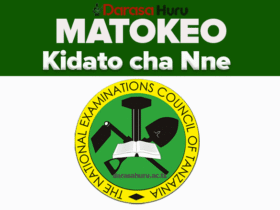
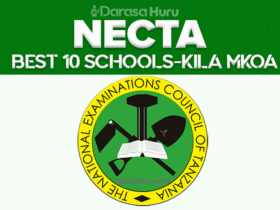
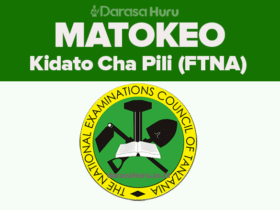


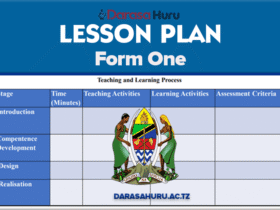

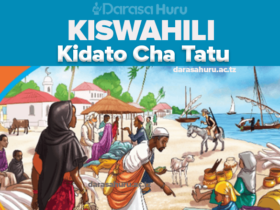


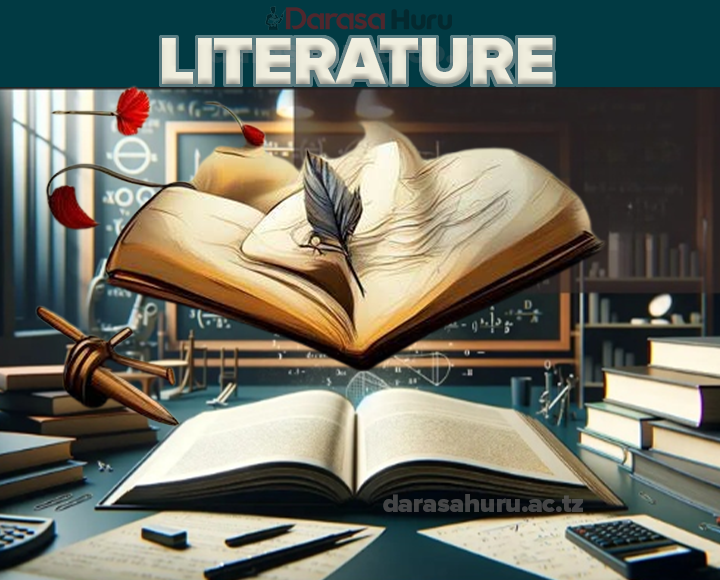
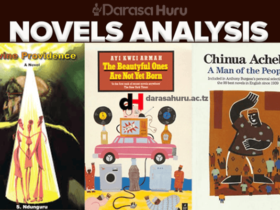
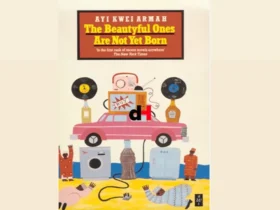


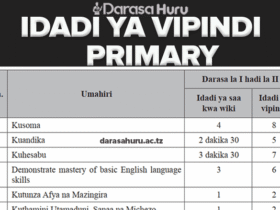
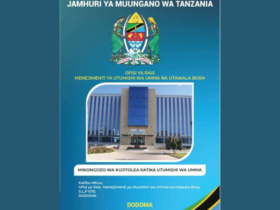
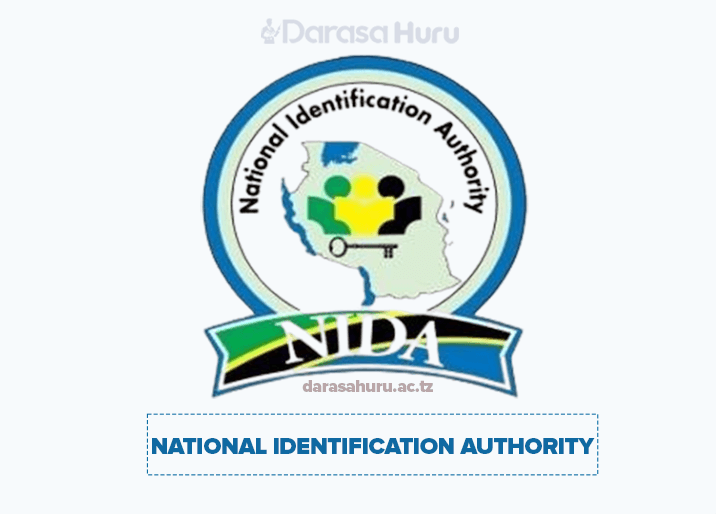





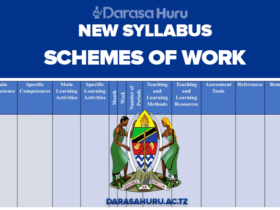










Leave a Reply